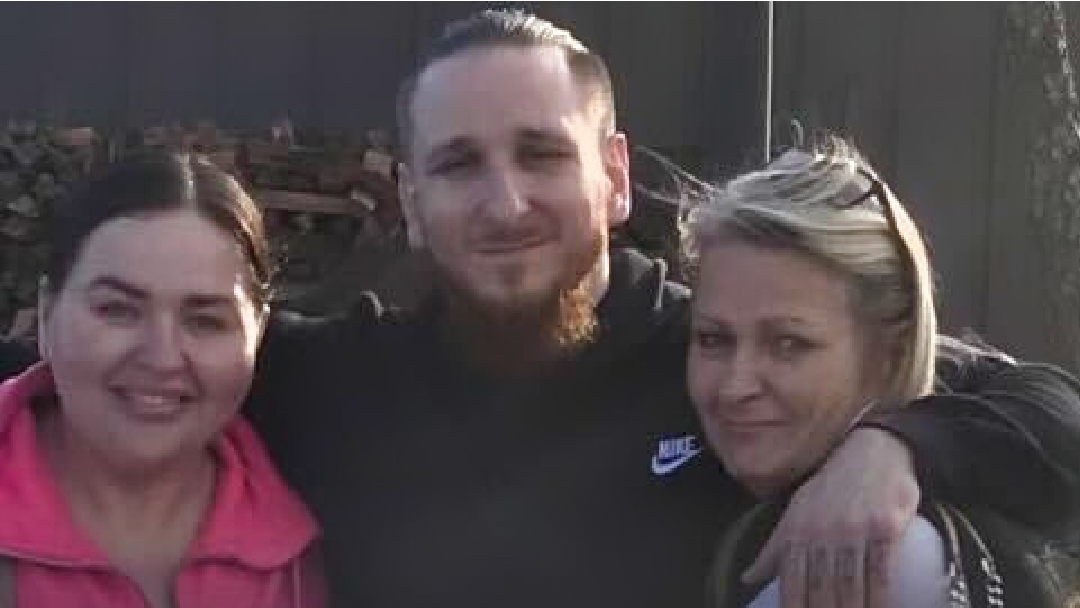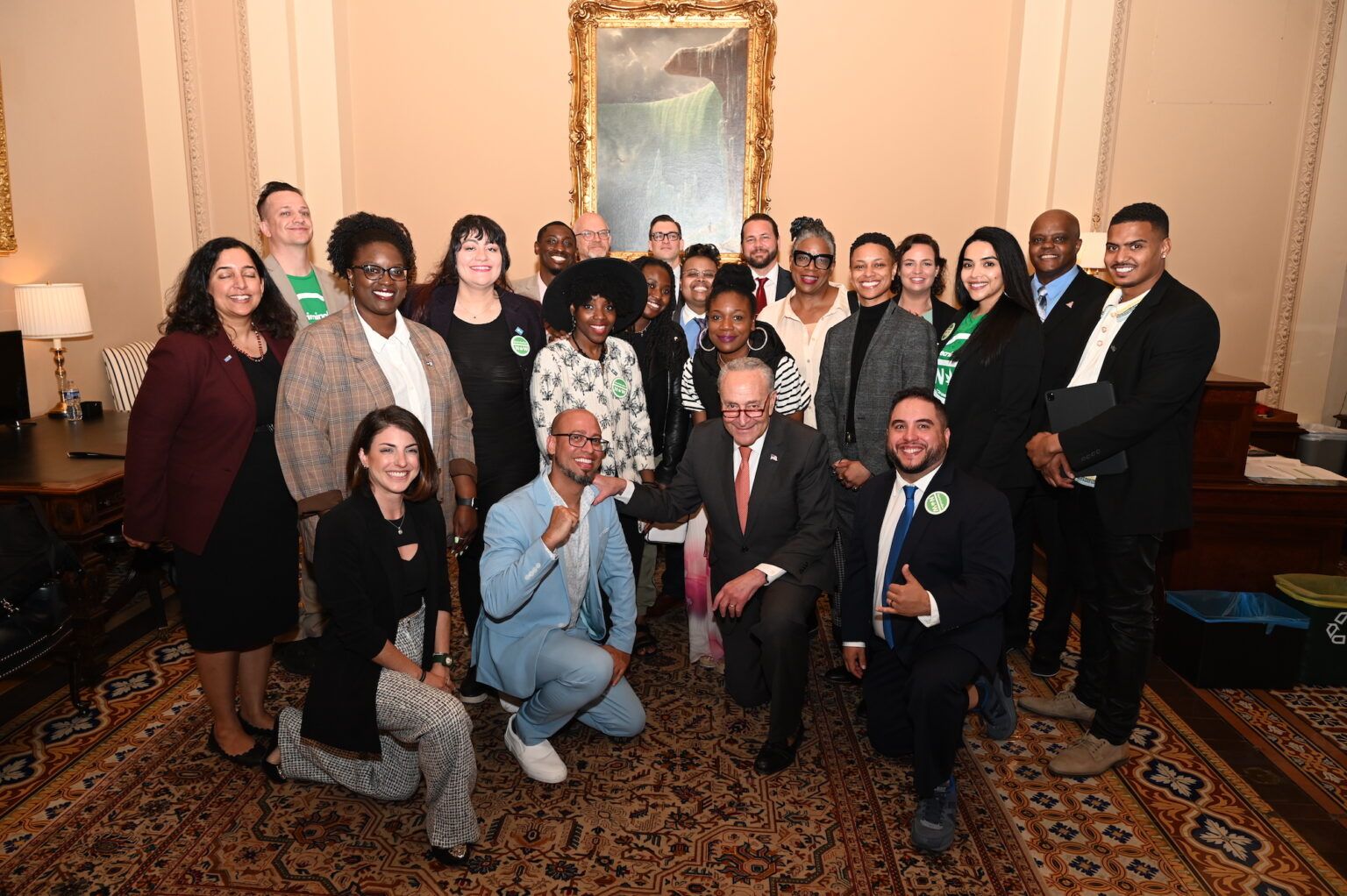President Biden Grants Clemency to 16 Non-Violent Drug Offenders, But No Cannabis Offenses Included
President Joe Biden made a statement Wednesday announcing a decision to pardon 11 people convicted of non-violent drug charges and commuted the sentences of five others. "America is a nation founded on the promise of second chances," he said . "We also recommit to building a criminal justice system that lives up to those ideals and ensures that everyone receives equal justice under law."
Despite this positive use of his clemency powers, President Biden again failed to include any people still in prison at the federal level for cannabis offenses which is estimated to be at least 3,000 individuals. Even though he has provided record relief to almost 13,000 people with his expanded cannabis possession pardons, the President has failed to release a single person in prison for cannabis.
Last Prisoner Project Executive Director, Sarah Gersten said, "While we are encouraged to see the President use his clemency power to commute the sentences of those incarcerated for drug offenses, we are hopeful that the administration will fulfill their promises both to use the clemency power more robustly as well as to commute the sentences of those still incarcerated for cannabis."
"The Administration has made it clear that cannabis reform is a priority and one that will energize their electorate. To truly make an impact that will sway voters come November the president needs to take action to release the estimated 3,000 individuals still incarcerated for cannabis federally."
We hope that President Biden recognizes that releasing people with cannabis offenses doesn't require legalization. They demand executive action. If he is looking for the next batch of candidates for clemency, we have already sent him a list of deserving individuals whose petitions are sitting with the Office of the Pardon Attorney. He simply needs to act on them.
We recently rallied advocates at the White House on our
420 Unity Day of Action to demand their freedom and encourage the public to help
tell Congress and
the President to take further action.



The Last Prisoner Project. All rights reserved.
Last Prisoner Project is a 501(c)(3) tax-exempt organization with EIN 83-4502829. Mailing address: 1312 17th St #640 Denver, CO 80202. Our governing documents and conflicts of interest policy can be found here. Our Privacy Policy can be found here.
Website built on KUSHY



